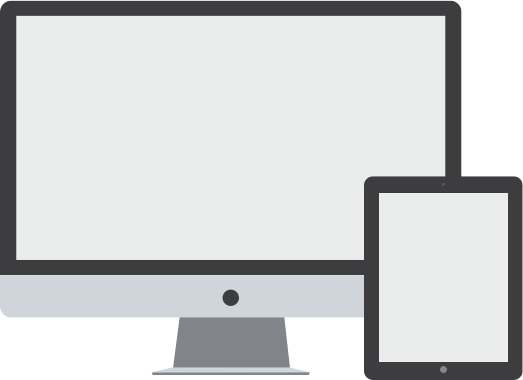The price of the TEIQue test is (815 AED) per person. If you would like to take the test, click the button below to register and pay, and then we will contact you and send the test link to your email.
Pioneered under the research of Mayer, Caruso, Salovey & Sitarenios (2003), Emotional Intelligence is different from IQ (Intelligence Quota) which measures logical reasoning. EI gives us a greater understanding of how someone deals with their emotions and the emotions of others in day-to-day situations.
Emotional Intelligence (EI) is something which can be developed over time. The main components of EI include: Self Awareness (a recognition of one’s own emotions), Social Awareness (recognition of others’ emotions), Self Management (ability to manage one’s emotions) and social skills (an ability to influence and manage others’ emotions).
An Emotional Intelligence test is designed to analyse these traits and understand what areas require development to help round out a person’s ability to develop their EI in specific situations. If you are looking for bracelet. There’s something to suit every look, from body-hugging to structured, from cuffs to chain and cuffs.
Self reporting tests can be done by yourself and give you some insight into your EI. The test works by posing a question and then requiring you to answer honestly based on the options available. For example, “I find it’s hard to fall asleep at night” followed by responses which include, “not true” “somewhat true” “very true”.
Others reporting (360 degree feedback) is similar to self reporting, the primary difference being that, other people are answering. A typical example in others reporting for emotional intelligence includes “Understands my emotions” followed by responses which include, “not true” “somewhat true” “very true”.
MEIS testing is based on questions from situational scenarios with three potential answers equating to a score https://www.billyclark.org/ explanationher responseyou can look herehandyhülle gestalten per answer (the respondent isn’t aware of weighting). These answers are then evaluated across a database of responses to provide a total score and thus measure your EI.
Thomas uses the Trait Emotional Intelligence Questionnaire (TEIQue). Registered with the British Psychological Society, the test is designed to measure 15 emotional traits concerning Well-Being, Self-Control, Emotionality and Sociability.
stress
conflict
change
performance issues
Read More +
Among other psychological characteristics, the TEIQue assesses our beliefs about our emotional abilities (e.g., how good we believe we are at identifying, understanding, and managing our own and other people’s emotions). These beliefs are strong predictors of a remarkable range of behaviours and achievements, many of which are vital in the workplace (job performance, job satisfaction, job stress, leadership, organisational citizenship, organisational commitment, teamwork, etc.).




